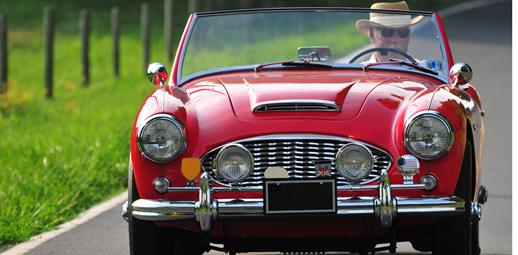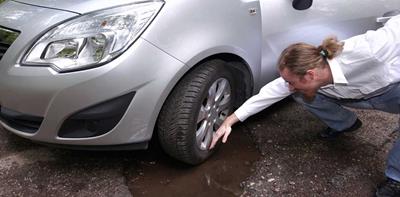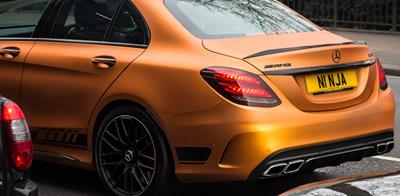
A classic car is much more than another set of wheels to its owner – it is often the very embodiment of that person’s passion for motoring.
As a result, ensuring that the right cover is in place should something go wrong is absolutely essential. But arranging car insurance for a classic car is not the same as with a mainstream vehicle.
What is classed as a classic car?
According to HM Revenue & Customs, a classic car is at least 15 years old and worth at least £15,000.
Beyond that, it’s important to bear in mind that different insurers may have slightly different criteria for determining what counts as a classic car. This can make the process of finding cover a little more complicated than for an everyday car, but there are certain general conditions which the majority of insurers look for.
For starters, it won’t be your only car. A classic car is something that you take out only now and again for a runaround, rather than your regular car that you use when heading to the supermarket.
As a result, you’ll also need to only run up a very low annual mileage on the vehicle, usually of less than 5,000 miles.
Why should I get specialist insurance for my classic car?
Specialist classic car insurance tends to work out cheaper than a mainstream car insurance policy, for a couple of important reasons.
The first is the lower mileage. Because it’s a vehicle that only gets taken out for a spin very occasionally - and most likely in the best driving conditions - then it’s generally less at risk of being caught up in an accident or developing issues.
There’s also the fact that classic cars are seen as a passion and are often very well looked after by their owners. Coupled with the fact that they are typically kept somewhere safe, such as a garage or specialist storage unit, again insurers view classic cars as a lower risk.
A question of valuations
It’s fairly straightforward to value a normal car, but things get a bit more complicated with classic cars. What’s more, values can shift significantly depending on demand from other collectors.
As a result, when you take out a classic car insurance policy, you may be asked to pick an agreed valuation. Essentially this means that the amount that you will get should the vehicle be stolen is set out from the outset.
It won’t be enough for you to simply pick a valuation though - you’ll need to provide some proof that the vehicle is really worth that sum. As such, you may need to arrange for an independent valuer to take a look. It’s also a good idea to get your classic car valuation reviewed every year or so, to ensure that your cover remains sufficient.
Extra cover for weddings and car fairs
A classic car isn’t just a beautiful thing to take out on a sunny day - you also might want to use it for a bit of side income, such as by renting it out for use as a wedding car. Alternatively, you might be keen to display your vehicle at a classic car show or fair.
Thankfully, many specialist car insurance policies will give you the option of additional cover for these sorts of events, so that you can make sure you’re still protected in the event of an accident.
How do I find classic car insurance?
Many insurers, including Ageas, only offer their classic car insurance cover through independent insurance brokers.
Because different insurers have such varied terms when it comes to classic car insurance, a broker is best placed to go through the details of your case and ensure that you find the policy that best meets your needs.
If you want to find an insurance broker, a good place to start is the British Insurance Brokers Association (BIBA), which is the trade body for these intermediaries. BIBA has a ‘Find a broker’ search function on its website which will help you find a broker that specialises in the sort of cover you need.


